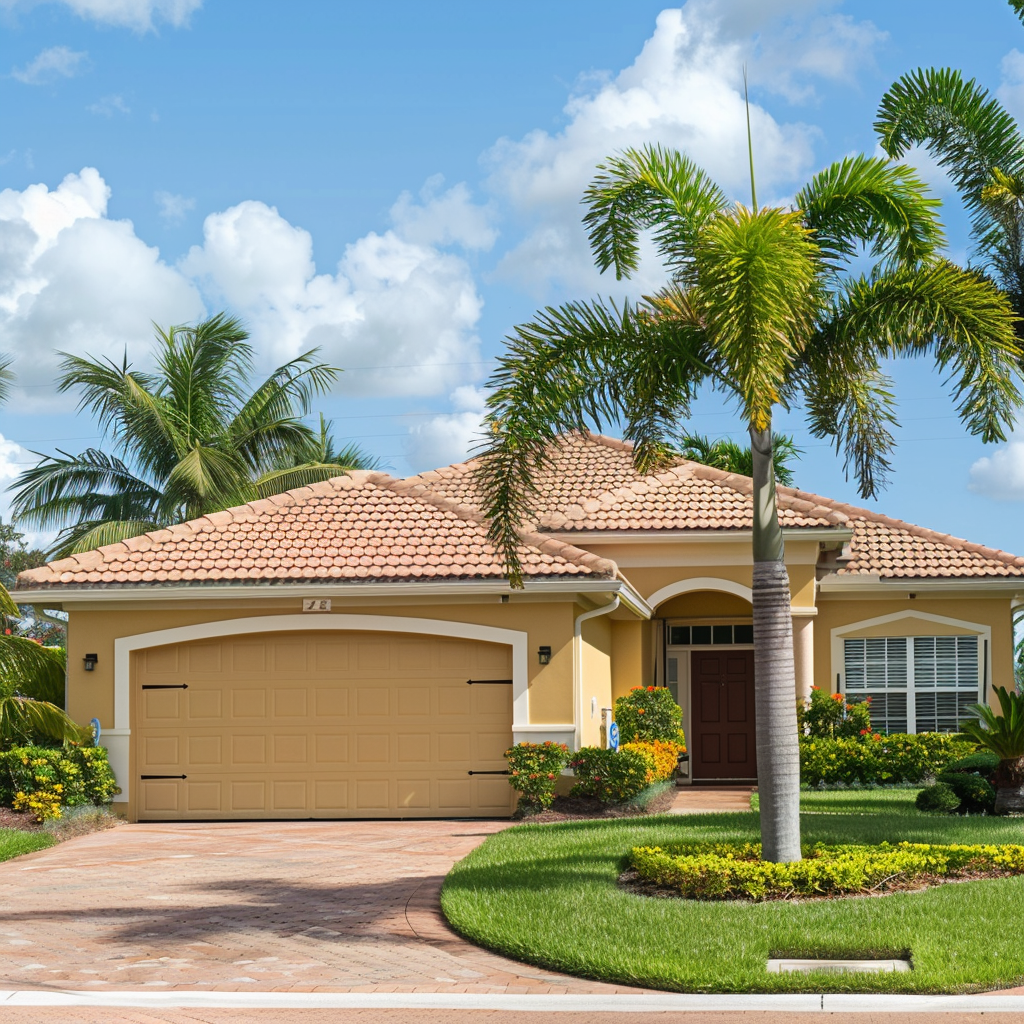Why Do South Florida Homeowners Need a Roof Certification?

In the picturesque yet volatile climate of South Florida, homeowners are all too familiar with the challenges posed by hurricanes, tropical storms, and the relentless sun. Among the various components of a home, the roof stands out as a critical line of defense against these harsh elements. This brings to light the importance of roof certifications, a topic that every South Florida homeowner should be well-versed in.
Understanding Roof Certification
A roof certification is an inspection that evaluates the condition and lifespan of a roof. Conducted by licensed professionals, this certification provides a detailed report on the roof’s current state, including any necessary repairs or maintenance. The certification typically guarantees the roof’s functionality for a certain period, usually 2 to 5 years, assuming no significant damage occurs.
The Critical Role of Roofing in South Florida
The intense weather patterns of South Florida, from scorching sunlight to hurricane-driven rains, place immense stress on roofing materials. The integrity of a roof in this region is paramount not only for the safety of the inhabitants but also for the protection of the home’s structure and interior. A compromised roof can lead to a cascade of issues, including water damage, mold, and weakened structural integrity.
Benefits of Roof Certification for Homeowners
- Peace of Mind: Knowing the condition of your roof and its expected lifespan can provide significant peace of mind, especially during the hurricane season. A certification assures homeowners that their roof is in good condition or informs them of necessary repairs.
- Preventative Maintenance: A roof certification can identify minor issues before they escalate into major problems. Addressing these issues promptly can extend the roof’s lifespan and prevent costly repairs in the future.
- 3. Insurance Advantages: Many insurance companies in South Florida value roof certifications and may offer reduced premiums for homes with certified roofs. Given the high risk of storm damage in the area, insurers see well-maintained roofs as a lower risk.
- Enhancing Home Value: For those considering selling their home, a current roof certification can be a valuable asset. It assures potential buyers of the roof’s condition, potentially speeding up the sales process and adding value to the property.
- Compliance with Local Regulations: South Florida’s building codes are stringent, particularly regarding structures’ ability to withstand high winds. A roof certification ensures that your roof meets or exceeds these local standards, providing an extra layer of security and compliance.
The Roof Certification Process
The process involves a thorough inspection by a licensed roofing contractor or inspector. They assess various aspects, including the age of the roof, the condition of roofing materials, the integrity of flashing and gutters, and any signs of leaks or water damage. The inspector will also evaluate the roof’s installation quality and adherence to local building codes, particularly those related to wind mitigation.
Following the inspection, the homeowner receives a report detailing the inspector’s findings, including any recommended repairs or maintenance. If the roof is in good condition, the inspector will issue a certification stating the roof’s expected remaining lifespan.
For South Florida homeowners, a roof certification is not just another document—it’s a crucial component of home maintenance and disaster preparedness. It reassures that your home is protected, potentially lowers insurance costs, and upholds the value of your property. As the climate continues to pose challenges, the importance of a certified, well-maintained roof cannot be overstated. Investing in a roof certification is investing in the safety, security, and resilience of your South Florida home—trust All Around Inspections to get the job done.

